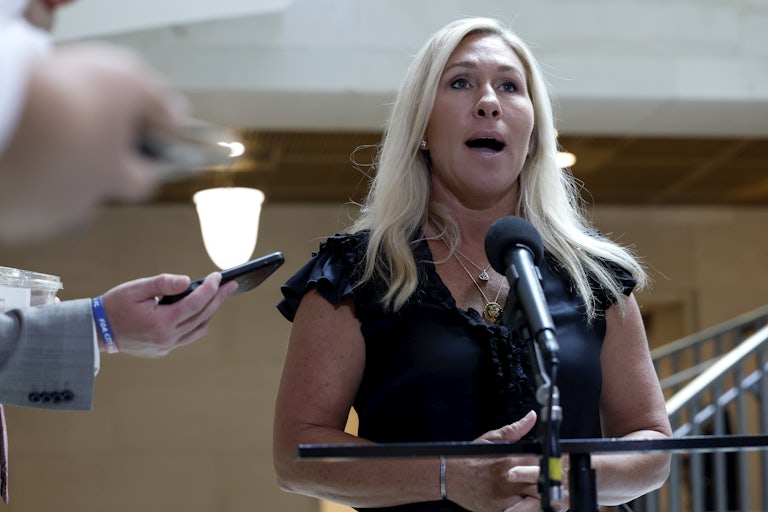Getty Images CEO says firms racing to sell AI art could be stepping into illegal territory
Getty Illustrations or photos CEO Craig Peters has criticized companies “racing” to commercialize AI art generators, indicating companies are not thinking by the possible authorized and ethical hazards of the technology.
In an job interview with The Verge, Peters reiterated Getty Images’ rule against advertising AI content material (which it banned in September), even though saying a new partnership in between the enterprise and Israeli agency Bria to offer you AI-powered image modifying instruments. Getty Images’ stance on AI-generated content marks a clear difference with rival Shutterstock, which declared now it will be integrating AI artwork generator DALL-E directly into its site’s choices.
“I never believe people concerns have been answered.”
“We took a step around AI-created imagery to guard our consumers,” Peters instructed The Verge. “There’s a large amount of concerns out there appropriate now — about who owns the copyright to that material, about the rights that ended up leveraged to produce that substance — and we really don’t want to set our customers into that lawful chance place […] There have been assertions that copyright is owned by x, y, z, by certain platforms, but I really do not believe all those queries have been answered.”
Peters extra: “I feel we’re observing some companies and individuals and organizations becoming reckless […] I imagine the truth that these issues are not remaining tackled is the concern in this article. In some case, they’re just remaining thrown to the wayside. I believe that’s perilous. I never think it is accountable. I assume it could be unlawful.”
Many AI artwork generators are trained on knowledge scraped from the world wide web, together with copyrighted imagery like Getty Images’ very own stock pictures. While some specialists say the generation of these programs is possibly lined by the US truthful use doctrine, other suggest there could be long run legal troubles as the legislation catches up with this new engineering.
Peters says Getty Images isn’t disregarding the resourceful likely of AI, however, and stresses that the company’s partnership with Bria will allow for it to present buyer “ethical” AI tools. In the short phrase, these will concentration on impression enhancing fairly than era. Bria’s have site advertises how the company’s tech can be employed to automate straightforward duties like object removing or make extra intrusive edits, like transforming the race, gender, and look of styles in inventory photos.
“Create visuals that resonate with each audience by adjusting facial expressions to transform people’s sentiment and recasting new presenters,” says the copy on Bria’s internet site. “Instantly tailor your visuals to different target demographics and A/B take a look at variations to see which finest supply your organization ambitions.”
When asked if AI-generated information was a threat to Getty Images’ organization, Peters was adamant that it is not. He cited the rise of ubiquitous cameras in smartphones as proof that experience, relatively than volume, is the defining aspect for selling content.
“[The smartphone] did not didn’t threaten our small business for the reason that at the core of our business enterprise, is supplying imagery that really variations a person’s fascination stage — that grabs our focus,” mentioned Peters. “There’s a stage of experience that goes into the imagery we create that goes outside of a amount of, just, ‘gimme a photo.’”







